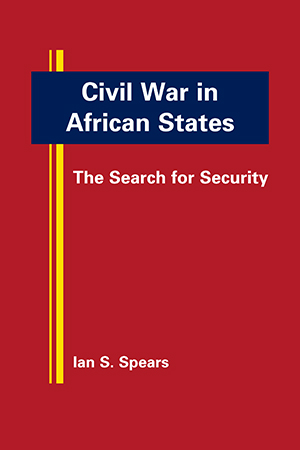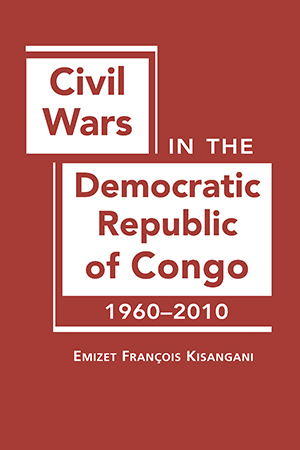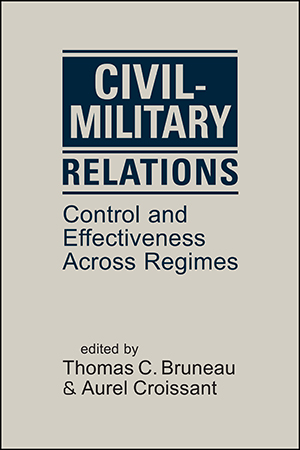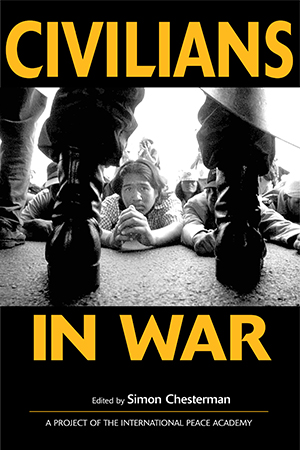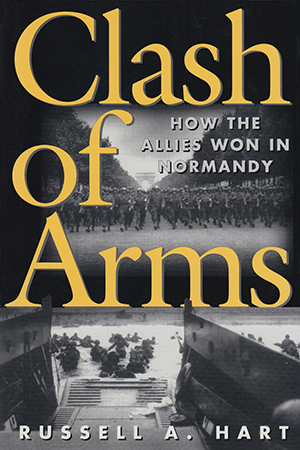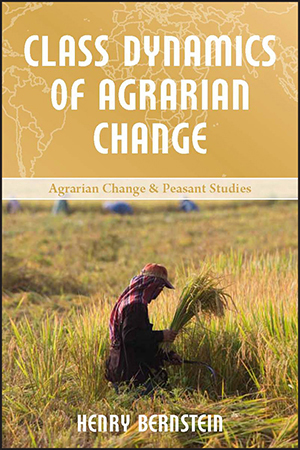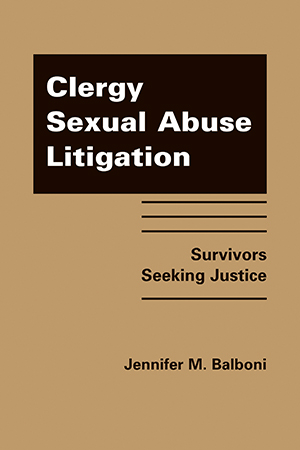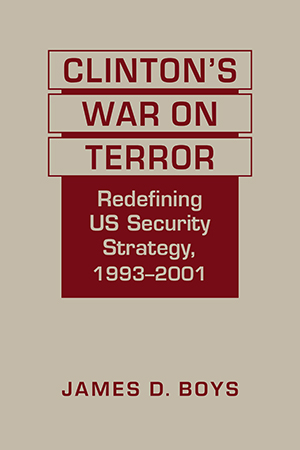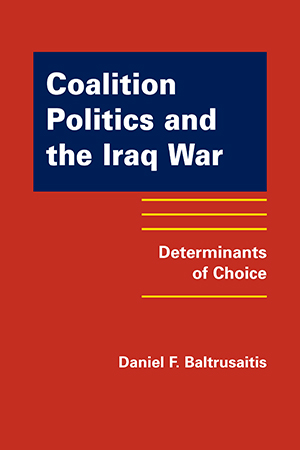BOOKS
How do disputants in Africa's civil wars—rebel movements, ethnic groups, state leaders—find security in the midst of anarchic situations? Why do some rebel movements pursue a More >
Wars of secession, ethnic wars, rebellions, and mutinies have been part of the political landscape of the Democratic Republic of Congo since the country became independent in 1960. More >
How does civilian control affect military effectiveness? Can a balance be achieved between the two? In-country experts address these questions through a set of rich comparative case studies. More >
In World War I, only 5 percent of all casualties were civilian; in World War II, that number was 50 percent; and in conflicts in the 1990s, civilians accounted for up to 90 percent of those More >
A Choice Outstanding Book! Clash of Arms examines how the Western Allies learned—on the battlefield—to defeat the Nazi war machine. Beginning with an investigation of the More >
Henry Bernstein argues that class dynamics should be the starting point of any analysis of agrarian change. Providing an accessible introduction to agrarian political economy, he shows More >
Why did victims of Catholic clergy sexual abuse wait so long to come forward, and what did their recourse to the courts finally achieve? Jennifer Balboni explores the experiences of More >
In the aftermath of the catastrophic attacks of September 11, 2001, President Bill Clinton's time in office was portrayed as one in which vital opportunities to confront growing threats More >
Through the centuries children's clothes reflect the concerns of parents and shifts in fashions. The needs of the child, changing ideas on health and upbringing, evolving social More >
Why do states join ad hoc military coalitions? What motivated South Korea to contribute significantly to the Iraq War "coalition of the willing," while such steadfast allies as More >



